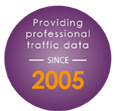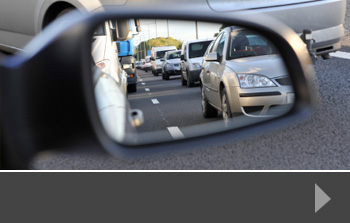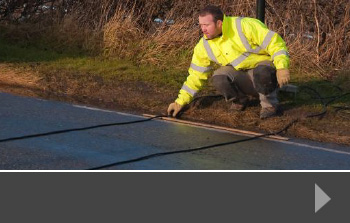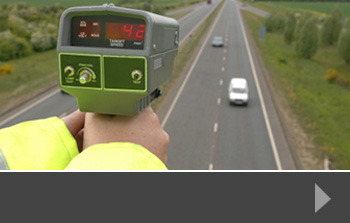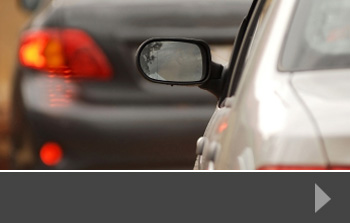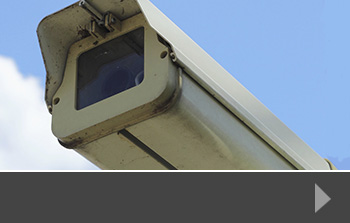Could self-drive cars actually make congestion worse?
A report by the Department of Transport (DfT) predicts that autonomous cars will make up half of the cars on UK roads by 2047. It also suggests that this could contribute to a potentially huge increase in congestion on the roads – up to 85% between 2025 and 2060.
Why is this? Well, as we know from our traffic survey work, people are looking for the easiest ways to get around. Autonomous cars – vehicles that essentially drive themselves – mean that people who are currently unable to drive will be able to get back on the roads. According to a spokesperson from the RAC, there are currently just under six million driving licence holders over 70 – as they get older, these drivers may find it easier to use a driver-less car than to stop driving altogether.
That in turn will increase the number of cars. The report also suggests that people will be more relaxed about being stuck in traffic because they will no longer be confined to driving – they could be watching a movie, relaxing or working instead.
Is the government right?
Of course, not everyone agrees with the DfT’s assessment. Environment campaigners say that the answer to managing climate change is not to encourage more electric and autonomous cars, but to transform the transport system so that there are more and better alternatives to car ownership, or to encourage car pools so that not everyone needs to have their own car.
Equally, some of the companies developing and testing autonomous cars say they are more likely to be used for fleet and freight use rather than for private individuals.
If congestion really is to rise, we need to look at our current road system and how it can cope with increased traffic levels. For many, building new roads is not the answer, but that is unlikely to be sustainable in the long term – particularly considering the various environment-related restrictions already placed on planning for new developments.
And of course we need to consider the safety implications of mixed road use where there are both driven and autonomous vehicles. The report is interesting, but it raises more questions than it answers.
Working with Road Data Services
At RDS, we specialise in collecting traffic and related data, designing traffic surveys, parking surveys, ANPR surveys and journey time surveys to help developers and planners to manage the traffic issues in their cities, towns and communities. To find out how we can help you, contact us today.

